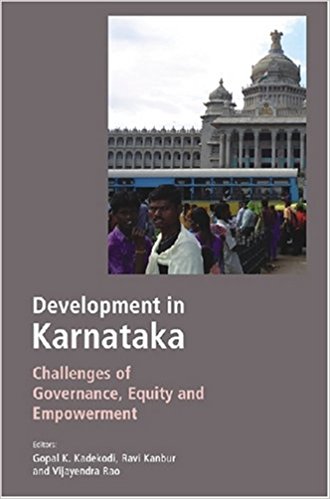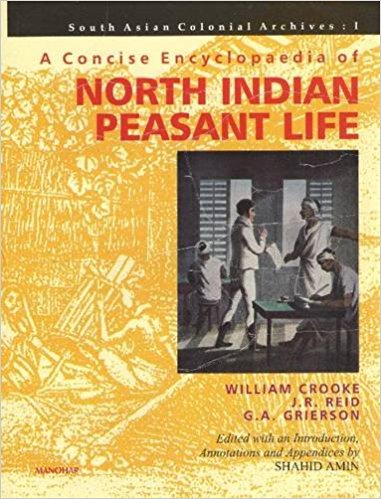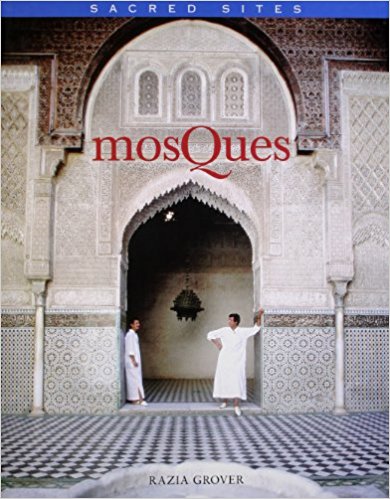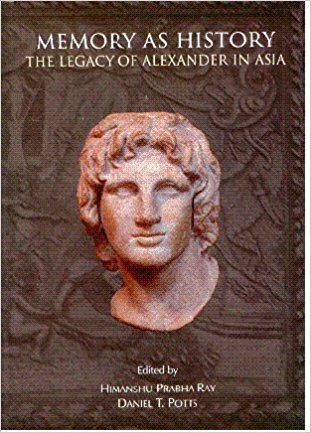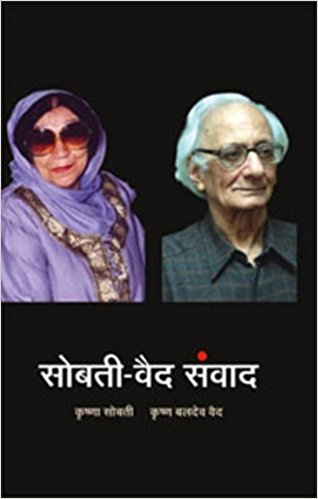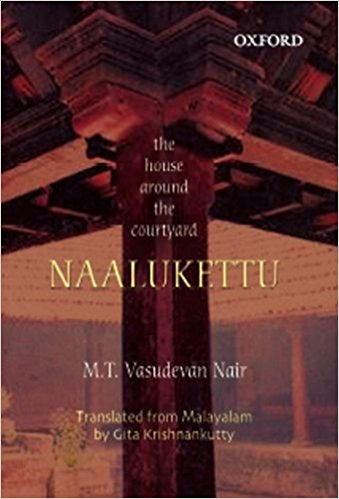Eric Dinerstein’s book Tigerland and Other Unintended Destinations provides a vivid account of some incredible wild places and magical creatures that inhabit our planet. Tigerland engages the reader’s attention from the first chapter and keeps you riveted until the end.
Archives
March 2008 . VOLUME 32, NUMBER 3Karnataka has been above the national average in indicators of income, human development governance and many others. But it does shine better, if a road map is given as a quality reference document.
Since the beginning of colonial expansion in the late eighteenth century a wealth of material has been generated by colonial administration and scholars. This documentation has often formed the base material of the writings of future historians, and often provides us the only non-vernacular account of local practices and beliefs.
Agra Summit and Beyond a collection of essays, interviews and personal remembrances of the Agra summit, undoubtedly an important event in Indo-Pak relations, in the recent years. Khalid Mahmood covers the road to Agra and the events that took place during the summit meeting in a chronological sequence on who said what and on which date. His essay also covers major opinions published in leading dailies.
2008
This book deals with some of the major heartlands of ethnic conflict in today’s world—Israel-Palestine, Kashmir, Bosnia, Cyprus and Sri Lanka.
On a visit a decade ago to Nanniwan, a remote village in north-western Shaanxi Province in China, the reviewer was surprised to find a spinning wheel, charkha (much like the Gandhian model) in the museum there.
The postcolonial compulsions to grapple with or outgrow the memories and legacies of colonialism have produced a teasingly rich body of writings. If colonial experience called for negotiations and repudiations, their postcolonial interrogations have re-visited those sites for new answers and new fulfillments.
Women of India is an important volume, not only because as editor Bharati Ray has to gathered in one place essays by almost all the important gender studies scholars in India, but also because it seeks to put into one text all the imaginable aspects of the history of women in modern India.
2008
Razia Grover’s Mosques is a generalist’s introduction to the subject, but in the serious tradition of illustrated surveys of art and architecture. Written more for the lay reader than the specialist of Islamic architecture,
This book is beautifully produced with wonderful photographs not only of Alexander’s head and face, but also of the paraphernalia of art and jewellery and coins and maps and manuscripts that archaelogists love to work with. The debates themselves are very technical, but given the offices of the worldwide web in enhancing knowledge,
This is the third in a spate of books dealing with colonial archaeologists, following on the heels of those which concentrated on Alexander Cunningham and John Marshall.
You have to be a reviewer to read this book to the end, and a conscientious one at that! David Davidar has come up with one of the more tedious Indian English novels, one that does not reward the reader with new insights or the pleasure of enjoying accomplished use of language but perhaps affords only with a sense of virtue that one has actually read a book from beginning to end even though it has only very very occasional sparks—it is only sometimes that the language works, only sometimes that you think that the book may contain anything at all (only to be disappointed).
Sobti-Vaid Samvad ushers in a novel critical genre within the domain of Hindi literary-criticism. Here two literary stalwarts of Hindi literature, Krishna Sobti and Krishna Baldev Vaid, inspired by the intellectually stimulating surroundings of IIAS Shimla, enter into a significant dialogue on the intricacies of life and literature.
It is half a century since M.T. Vasudevan Nair—fondly called ‘M.T.’ by Malayalees—began his career as a novelist with his debut work Naalukettu. As OUP India now brings out its translation, Naalukettu: The House Around the Courtyard, it becomes a magnificent marker of M.T.’s literary jaitrayaatra (triumphal march) down the last five decades


